Our Mentees
Our Mentees are driven changemakers dedicated to tackling urgent global threats through innovative, well‐researched projects. Over 16 weeks, they hone critical skills—technical analysis, policy design, strategic communication, project management, and virtual collaboration—while building connections with international experts. Graduates emerge as leaders ready to anticipate and mitigate existential risks, each leaving the program with a concrete deliverable (research paper, infographic, podcast, policy proposal, etc.) that kickstarts their impact journey.

PROJECT DATABASE
April 2025
Artificial Intelligence
April 2025
Artificial Intelligence
April 2025
Artificial Intelligence
April 2025
Artificial Intelligence
Alumni Post-program Trajectory
2024 - 2025


Miguel Ángel Peñaloza
Systems & Computer Engineering
Compiled scaling-laws dataset for speech-recognition; now spearheading multilingual AI-benchmark research, co-founding a Spanish-focused AI Lab, leading seven CCI mentorships, and eyeing a PhD—work noticed by Epoch AI.


Fernando Ávalos
Systems & Computer Engineering
Shifted from student EA-community organizer to full-time Technical AI Risk Analyst at the Global Catastrophic Risks Observatory (ORCG) after replicating Anthropic’s dictionary-learning paper; co-founded AI Safety Colombia.


Gabriela Stefany Paredes
Biotechnology Engineer
Used her bioinformatics project to win a fully funded regional genomics course, joined the IFBA-LAC mentorship, cofounded Ecuador’s first biosafety/biosecurity network, won BlueDot’s pitch contest, and now interns at ORCG.


Ivanna Daniela Alvarado
International Law
Compared US–China LLM race; selected for the Global Challenge Project (Boston) and BlueDot AI-Safety, now producing bilingual AI-policy content at CCI and supporting compute-governance analyses while building an AI-governance career path.


José Ángel Gelves
Political Science
From community builder to AI-governance researcher: his NAIRR compute-divide study led him to co-found AI Safety Colombia and gain places on BlueDot’s AI-Governance course and ML4Good, where he is deepening policy expertise


Gabriel Rosario Bolívar
Geological Engineer
Co-maps global data-centre energy & policy; aims for renewable-energy/tech-infrastructure consulting and GIS-driven governance proposals.


Tatiana Sandoval
Environmental Engineer
Co-leads the same data-centre project, focusing on sustainable AI-infrastructure policy implications and interdisciplinary collaborations.


Bruno López Orozco
Mathematics
Tested LLM reasoning in graph theory, co-organized a math-reasoning benchmark & hackathon, and is steering his remaining studies toward interpretability and benchmark development for AI safety.


Adriana La Rotta Espinosa
Electronic Engineer
Building a cybersecurity benchmark, accepted to ML4Good; plans to publish and deepen research at the AI–cybersecurity nexus.


Alba Moreno
Law
Created the podcast “Guardianes del Derecho” on legal roles in catastrophic-risk management; continues producing it, pivoted toward international-law governance of GCRs, and drives CCI’s social-media reach as a team collaborator.


Priscilla Campos Díaz
IT Management
Researched AI-bias regulation in US/EU and proposed LATAM policies; accepted to AI-Safety Fundamentals & ML4Good and is pivoting her tech skills toward governance projects and further professional roles in the field.


Lilith Díaz
Computer Science
Built a 25-year outbreak-response database for Mexico, attracting public-health-agency interest; now focusing on GCR-oriented data tools & cybersecurity, exploring AI-exacerbated vulnerabilities


Ashley Valentina
International Law
Analyzed Russia’s New START withdrawal; now specializing in WMD & AI-safety governance, pursuing BlueDot courses and roles in international-security organizations


Jaime Esteban Montenegro Barón
PhD Mathematics
Creating a doctoral-level Spanish math benchmark; placed 3rd in AI4Math Hackathon and is scaling problem diversity to push multilingual LLM evaluation frontiers

